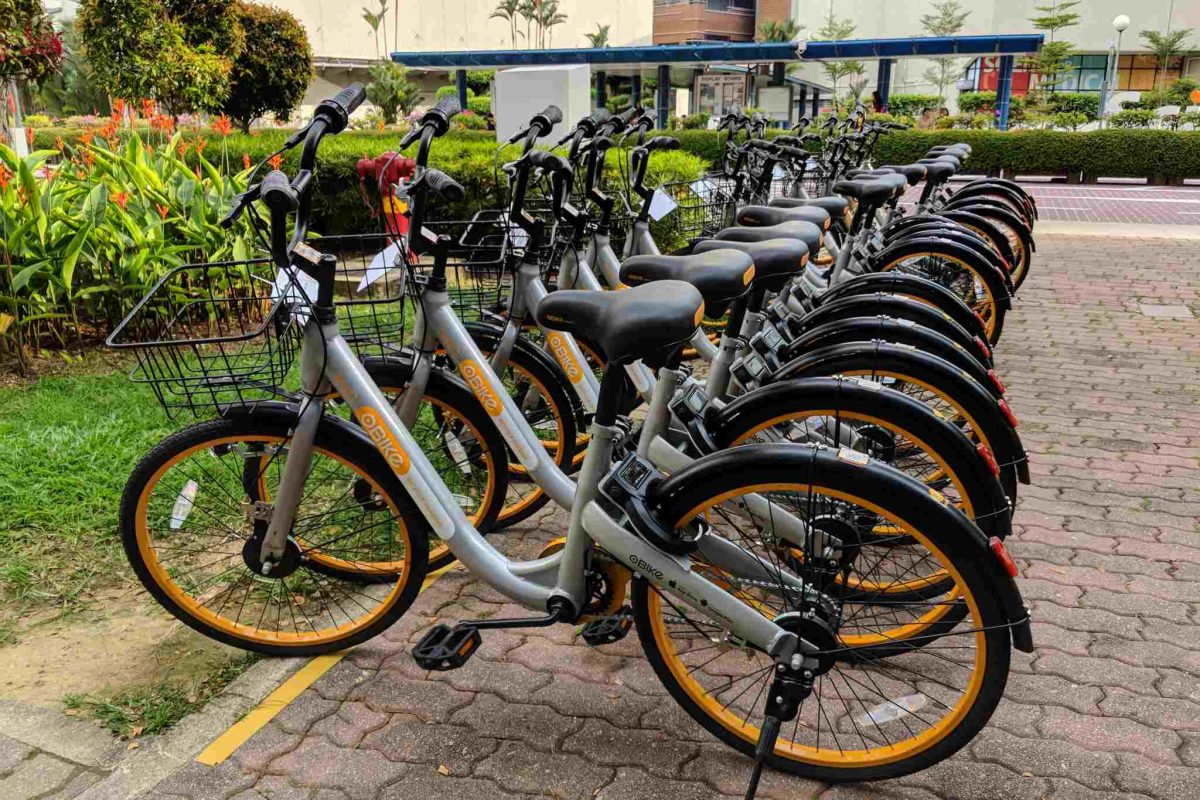If you haven’t heard, bike-sharing operator oBike announced on Monday their exit from Singapore, blaming tough regulations imposed by our Land Transport Authority (LTA). Instead of winding down business on good terms, oBike went into liquidation the next day. They ran away.
The surprise shuttering of oBike looks a little like a scam. oBike blames LTA’s regulations. Is that to say they could still continue their operation if the regulatory environment is unchanged? So if they have determined that they could no longer operate profitably under the new regulations, why not refund customers their deposits? The money deposits belong to customers, mind you, not funds for oBike to operate their business.
As it turns out, oBike has had cash flow problems, and has run up losses of over $4 million.
oBike claims to have over one million users, which means the operator would have collected deposits amounting to somewhere between $19 million and $49 million, since each user would have to place a deposit of either $19 or $49. All that money is unlikely to ever be returned to users.

Singapore isn’t the first market that oBike is exiting. They have left Melbourne too, similarly due to tough regulations.
I can totally understand the challenges. On the one hand, you have difficult users, and on the other, regulators who make rules that are hard to comply.
Perhaps our government, secretly, didn’t like the idea of these bike-sharing schemes at all. Sure, they’ll let you run around with this idea for a year or two. Then if the idea won’t go away on its own, they’ll step in to make things hard for you to carry on. I think the LTA is more interested in other things. Driver-less cars, perhaps. Or just stick to busses and trains.
LTA, for example, wants bikes parked at designated parking areas. These designated parking areas function like virtual docks, even though no physical docks exist. The beauty of bike-sharing services like those of oBike, among others, is about riding right up to where you need to go, so long as that remains in a public area, without having to specifically look for an authorised parking spot.
There are other requirements for bike-sharing operators to fulfil, such as removing indiscriminately parked bicycles within a designated time.
Bike-sharing already has lots of difficulties on its own. It’s not helping for regulators to add more.
For a while, it seemed like the bike-sharing economy was managing to stay afloat, but it seems the honeymoon period is over. It was good for oBike though, having made off with $19 million to $49 million of deposits.
View Comment Policy